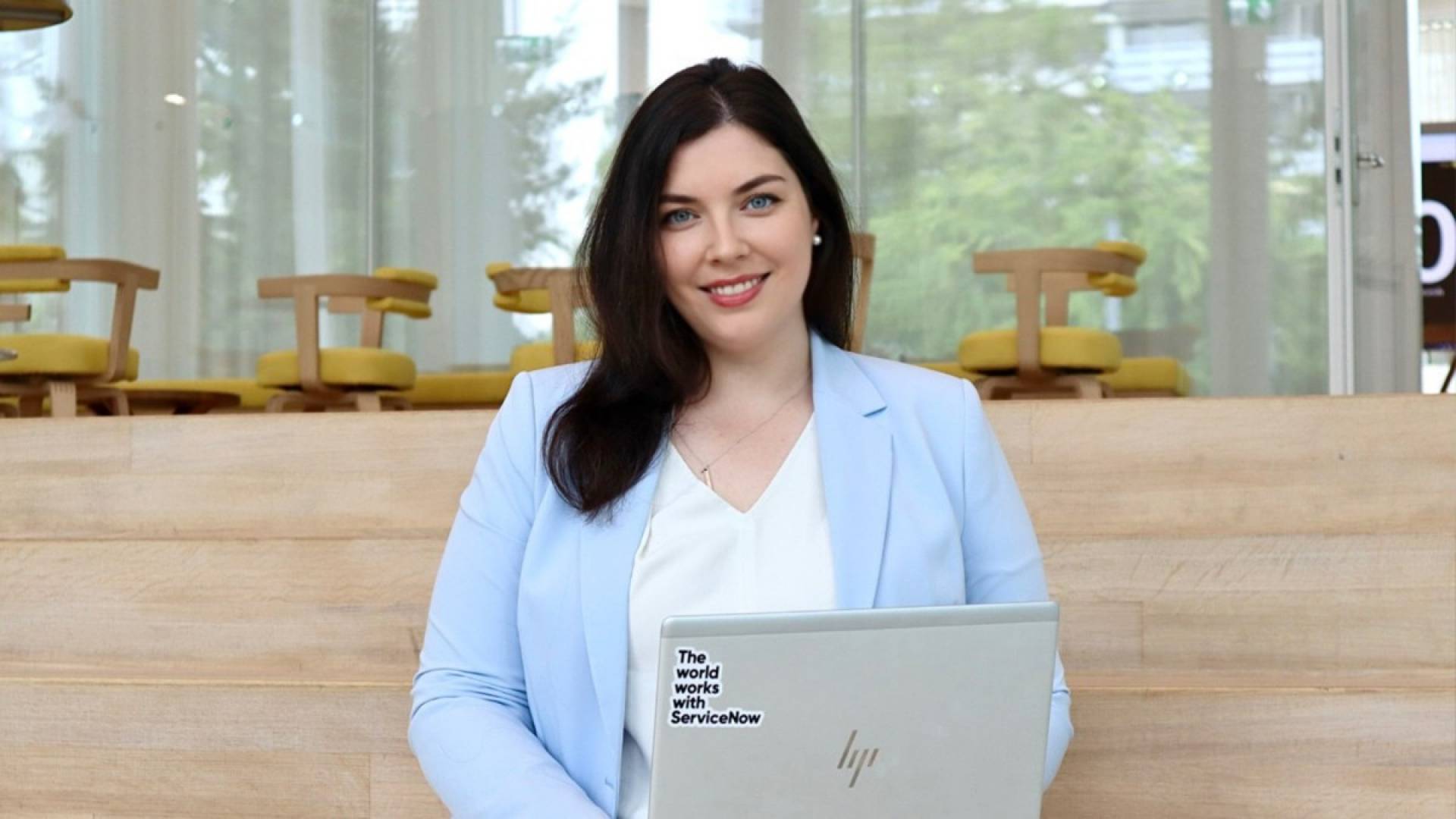Our Head of Space has worked with Elon Musk

Ask a child what they dream of becoming and the response is often: an astronaut. But, for many, space travel remains no more than a dream. At Helvetia, we now have a team of people who have made a profession of launch vehicles, planets, satellites and everything related to outer space: since 1 July, Helvetia has been offering space insurance as one of its Specialty Lines. We wanted to take a peek behind the scenes and collared Helvetia’s new Head of Space for an interview. In the following article you’ll discover how Jan Schmidt knows Elon Musk and what planet he would like to travel to.
Jan, most of us know about space travel only from television. So, to kick off, here’s a question about that: What’s your favourite film or TV show about space?
I used to enjoy watching “The Big Bang Theory” quite a lot. And of course I’ve watched many of the “Star Wars” films. When you have a job like mine, I suppose you have to have a certain affinity for that sort of thing.
Definitely. You’re our Head of Space. That sounds pretty exceptional. What exactly do you do?
I head up the Space insurance department, and at Helvetia that means we’re responsible for all space risks. In other words, we insure launchers, spaceships and satellites – on their way into space or during operation once they have reached orbit.
How can you even assess the underwriting risk involved?
That’s a very good question. Analysing and assessing space risks is indeed extremely complex and one of our most important and time-intensive tasks. The basic prerequisites for it are years of experience in space underwriting, an engineering degree and professional experience as a space engineer – all of which I have. Apart from that, it’s important we maintain close contact with our customers and with the engineers who work for the satellite and launcher manufacturers.
And how did you come by your job title, Head of Space?
It’s really quite a normal one in the space insurance sector; it was also the title I had with my previous employer. But, for outsiders, “Head of Space” can sometimes sound amusing.
I have to admit it does. I found myself asking what your title would be if you were promoted.
Probably “Head of Universe”.
Yes, it probably would. But, before we turn to the future, let’s get back to your roots. How did you get into this line of work in the first place?
I’m actually a trained engineer and I worked for years in the space industry, for instance on Europe’s Ariane launcher project. Quite by chance, I got talking to a reinsurer and got a foot in the door of the insurance world. That was over 20 years ago.
And which of the two sectors do you find more exciting?
Well, I wouldn’t want to design rocket components anymore. As an engineer, I was only ever involved in designing one part of the launcher. Now, by contrast, I get to deal with everything the space industry has to offer, and I find that a lot more fun.
Is your work also your hobby?
I do have a few model launchers lying around at home. Even when I meet with friends, they want to know what happens when a launcher suddenly disappears from view and what I felt watching launches at Cape Canaveral and other spaceports live.
How many launches have you experienced? And what are they like?
I’ve been present at around ten launches. It’s just like in a film: first the countdown, then it’s all systems ‘go’, the launcher engines are ignited, the rocket slowly lifts off and finally disappears as a small, shining dot in the sky. As those watching are several kilometres away from the launch pad, the engines’ fire trail briefly turns the sky red, but at first you hear almost nothing. Everyone waits with bated breath for the boom and, when it reaches you, the air around you vibrates. It can make your hair stand on end. I experience a launch every year or so on visits to customers. It really is an awesome and unique experience.
At the virtual Welcome Day and in the photo shown here, you’re wearing a NASA T-shirt. Is that sort of like a uniform for you?
No, I usually wear a white business shirt – I’m not really as much of a nerd as Sheldon in “The Big Bang Theory”. But I thought it would be fun to present myself to my new colleagues that way at the Welcome Day. I thought it couldn’t hurt to wear a NASA T-shirt on such an occasion.
You brought space insurance to Helvetia, as it were. How did that come about?
Helvetia had been on my radar for quite some time, as it’s an international company and very active in Specialty Lines. When aviation insurance was launched at Helvetia in October 2019, I thought that space insurance would make an exciting addition and promptly contacted the people in charge. Luckily, I was greeted with open arms.
And here we are today. What has your day-to-day work been like thus far?
In the first few weeks, we had a lot of organizational matters to attend to. We drafted guidelines and defined the underwriting process and lots of other things. Now we’re ready for business and looking forward to meeting the customers that would like to insure a satellite or rocket launch with us. Of course, they don’t rock up every day. Unlike a lot of our colleagues at the company, we don’t have normal day-to-day business. We work on the same project for months. And yet, we’re happy when, at the end of that time, we can experience how something insured by Helvetia makes its way into outer space.
Talking about outer space: SpaceX, the first private company for space travel, recently made a historic manned flight. Is this the start of a new era?
For years now I’ve been following what SpaceX has been doing as well as developments in the field of manned spaceflight. It’s really interesting to watch NASA astronauts being propelled into space by a private enterprise, given that NASA used to look down on Elon Musk. I think Elon is a fascinating person. I was lucky to be able to meet with him a few times.
Really? What’s he like?
I met him in a business context at SpaceX; it’s normal to run into each other occasionally in the space industry. He used to take time and talk with everyone a lot, but of course things are different now. Now he might appear briefly at a meeting and say “hi”, but then there’s somewhere else he needs to be and he’s off. He’s turned space travel upside down, which is why I like wearing his cap with the slogan “Occupy Mars”. He’s totally convinced we’ll be able to live on Mars one day.
What planet would you like to travel to?
The Moon would be enough for me, but that’s likely to remain a dream. Until space tourism becomes affordable for mere mortals, I’ll just keep doing the paperwork for everything that humankind wants to send into space.









